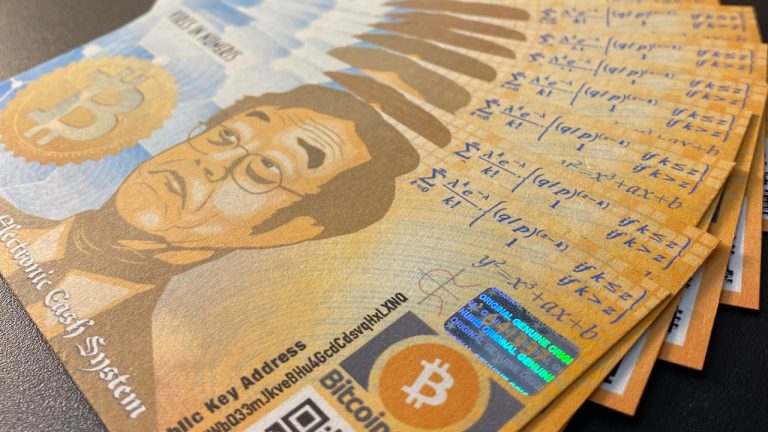Bitcoin and a great number of other cryptocurrencies are electronic versions of currency. Many people falsely assume that crypto proponents are for a cashless society and this is certainly not the case.
If we removed the central banks’ printing fiasco and the inflationary practices from cash, we all know that cash is great for anonymity and fungibility. But the nation-states and central banking cabal are in charge of the fiat game and the monetary system today does come with serious manipulation and inflation.
Most crypto supporters, just because they support an electronic currency, do not support the removal of cash money. But there is little anyone can do to stop the government from going cashless.
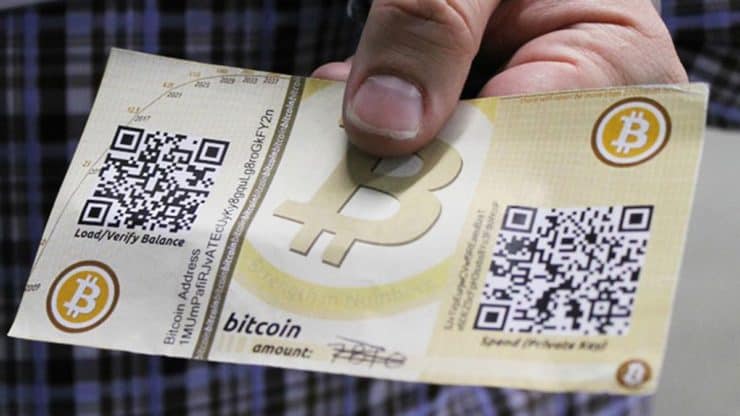
Now we all know that cash is great (besides the inflationary aspects), but we also know that cryptocurrencies are even better. Crypto transactions like bitcoin (BTC) do not have to be electronic every time someone transacts.
With cryptos like bitcoin, we can create all kinds of bearer bond instruments. A digital asset can be hidden in mnemonic phrase and most seeds are based on 12, 18, or 24-word phrases that are tied to their private key(s).
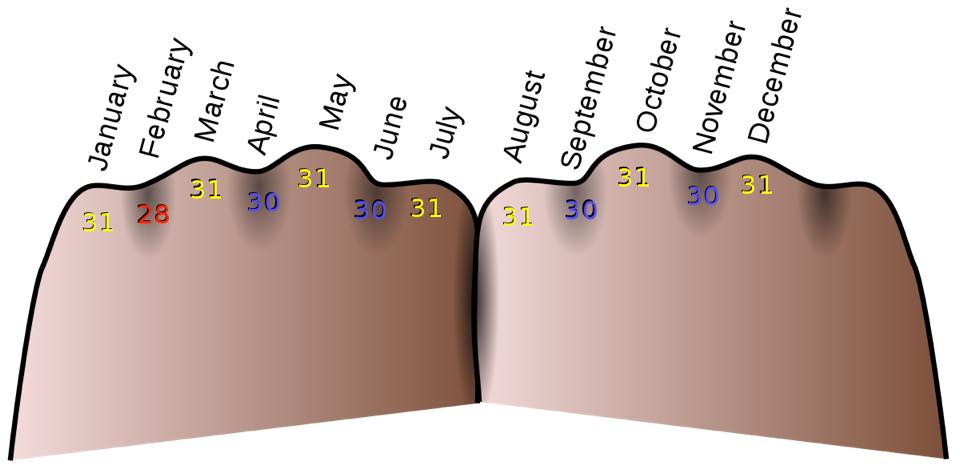
The use of mnemonics, or ‘memoria technica,’ is derived from the era of the ancient Greeks when Aristotle and Plato philosophized about certain types of logic. The photo below is a depiction of the Knuckle mnemonic, which represents the number of days in each month of the Gregorian Calendar.
Any amount of crypto, like a billion dollars worth of crypto assets, for instance, can be stored in a mnemonic.
This means you can keep a billion dollars hidden in a book, or even by memory if you have a decent photographic memory. Bitcoin can be printed on paper, metal, plastic, and people can create all types of cash instruments.
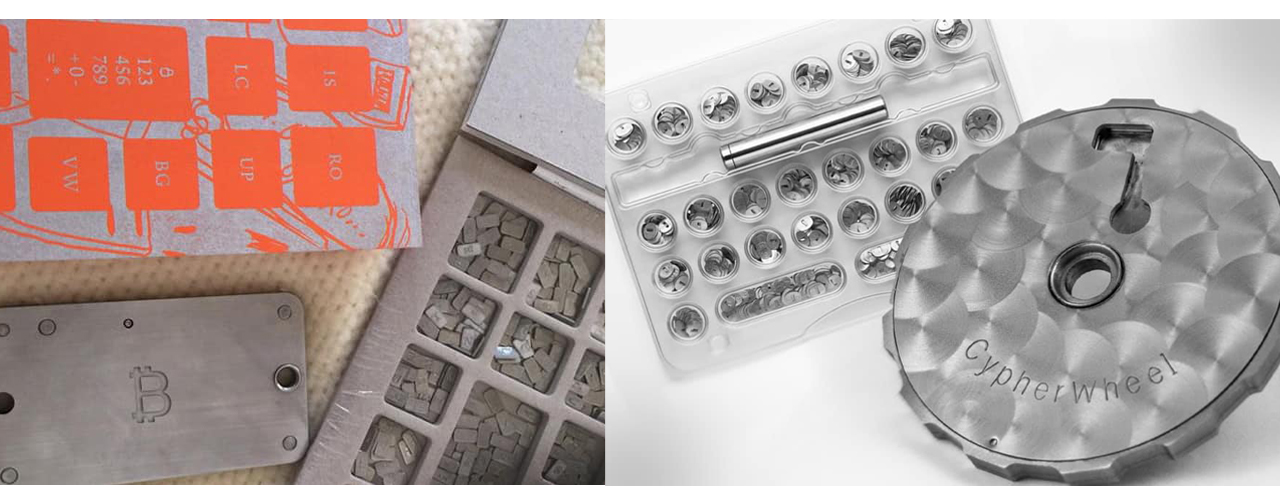
Now just like gold, a bundle of cash can be quite cumbersome to carry. You cannot travel lightly with a billion dollars worth of cash in a few bags. You also have to be vigilant, protective, and someone can take your bundles of cash like a mugger or even law enforcement. For instance, the U.S. agency Homeland Security seized $2 billion in cash from travelers during the course of six years at U.S. airports.
But think about what I just said. You can store any amount of money on a piece of paper. On a small square of aluminum. You can write down 12-words on a piece of paper and hand a family member tens of thousands of dollars— no questions asked.
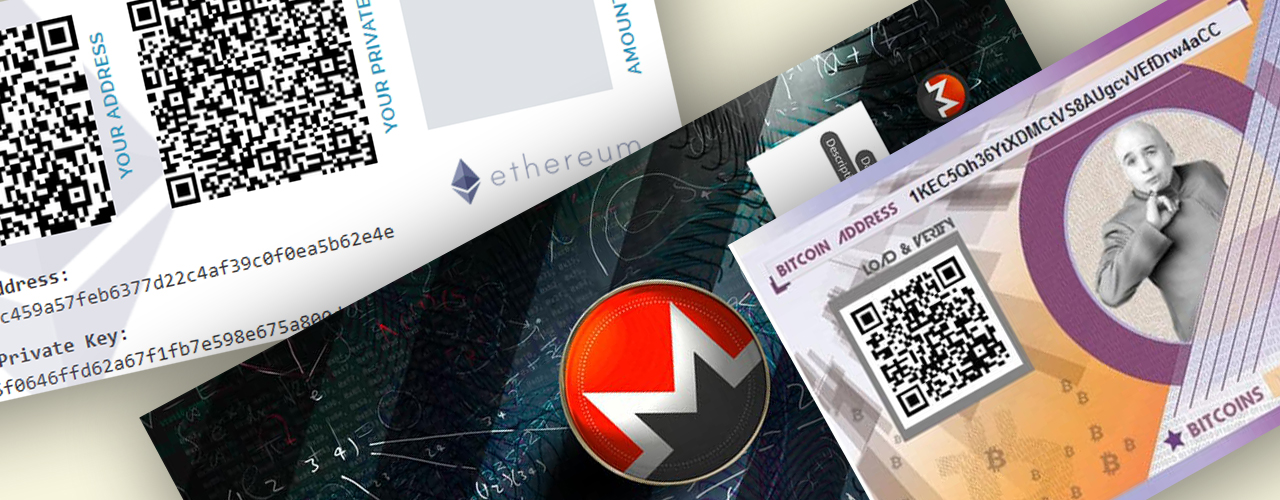
No need for the duffle bags of loot, you can simply leverage a mnemonic or a piece of paper.
Hiding crypto is extremely easy and someone can even do it by leveraging steganographic tools. Literally hiding a million dollars in plain sight. Steganography is the art of concealing images, messages, files, or videos. The practice of obscuring messages in this fashion was first recorded in 440 BC.
So in many ways, cryptocurrencies are an advanced form of cash and you are just not aware of all the possibilities if you think crypto people are “anti-cash.” This is simply not true.
To a great degree, digital currencies are simply a better form of money and many people just haven’t figured that out yet. And that’s ok we have plenty of time to teach and they have plenty of time to listen. But it’s simply not true that crypto advocates are helping the global elite create a cashless society. Digital currency supporters can create all kinds of free market-based cash instruments with ease.
What do you think about the fact that cryptocurrency supporters can easily create bearer bond instruments? Let us know in the comments below.
The post Dispelling the Myth That Bitcoin Proponents Want a Cashless Society appeared first on Bitcoin News.

